When Isaac Berko applied to Suffolk University his freshman year, he had no idea that he applied to go study abroad at Suffolk’s Madrid campus instead.
When a Madrid resident director contacted him for signed documents prior to his university acceptance, Berko said he meant to go to Boston rather than Madrid and began working toward an undergraduate degree at Suffolk’s main campus.
This past fall, as he neared the completion of his undergraduate degree, the 22-year-old senior and politics, law and courts major with a philosophy minor finally spent the semester in Madrid that he once signed up for.
As a self-proclaimed politically active undergraduate, his decision to leave Boston and explore Spain made him miss another historical event for the U.S. — the 2016 presidential election.
While he was physically absent from Boston during the time of the election, Berko said he followed the turbulent turn of events closely, raised awareness and encouraged American students to vote in his time in Madrid.
“Why not go to a different country and learn about the difference between being an American and being an international student?” asked Berko. “You get to understand the culture of that country you’re living in and you get to bring that back to America.”
When he landed in Madrid on Aug. 23, Berko said he did not know what he was getting himself into. He thought he would not be faced with a language barrier, but he said he had to familiarize himself with the language and adapt to the Spanish lifestyle.
“If you come from a different country, like America, and you go to study abroad, they would want you to adapt to their culture and in this country,” said Berko. “I feel like we don’t see that happening in [America].”
Besides residing in Madrid for about four months, Berko had the opportunity to travel to Portugal, which he said was a comparable distance from Boston to Washington D.C., for one week. He also visited the cities of Salamanca, Valencia, Granada, Andalusia, Seville and Galicia. Exploring other areas of Europe and Spain, in addition to studying in Madrid was a “phenomenal experience” for Berko.
“People who study abroad should take that initiative to really study the country they’re studying abroad in,” said Berko. “You got to learn the atmosphere and the people, because you went to study in that country for a reason, so you come back and tell your story to other people how that country you study in how culture felt.”
While Berko said his whole trip was a learning experience, cultural differences like kissing on the cheeks to greet others, avoiding elbows on the table, no shouting across the street, dressing professionally and learning about the country’s political chain were eye-opening experiences for him.
Taking his love for structured government with him on his travels, Berko learned about the country’s government structure and observed laws.
Berko knew to not mention or talk about Francisco Franco Bahamonde, a Spanish general and dictator who ruled Spain from 1939 to 1975. Franco opposed political parties, languages other than Spanish and religions other than Catholicism. It was not until his death in November of 1975 that political parties were legalized and Spain regained their democratic republic, which still remains today.
“You really felt that [the Spaniards] were still really mourning and still hurting [about Franco]” said Berko.
Berko, an advocate for former presidential candidate Hillary Clinton, followed the 2016 U.S. presidential campaign closely while studying abroad. He said appointing businessman Donald Trump as the 45th president of the US is the “saddest” thing ever for the nation to do.
After the election, he said people gave him and his friends hugs, comforted them and apologized about the results of the election and even picked up their restaurant tabs.
“That feeling was so strong; wow, they care about us,” said Berko.
Berko feels that the U.S. is a divided country, especially after the result of the presidential election.
He referenced non-verbal abuse from both sides shortly after the election results instead of standing in solidarity as a nation; in contrast, he said the Spaniards he met united in solidarity for him and America.
“We don’t care about the culture here,” said Berko. “Culture plays in the role of how each person treats each other and how each person correlates with another person’s culture.”
Now that Berko is back in Boston finishing his last semester as an undergraduate, he is also working as a volunteer for City Councilor (D-District 7) Tito Jackson as he plans to make a mayoral run against current City of Boston Mayor Marty Walsh.
“We’re trying to navigate to see who could be potential volunteers for the campaign to talk to and target,” said Berko. “And spread the message of who Jackson is.”
He is also even “seriously considering” a friend’s suggestion to study law in Spain for two years post-graduation. He just needs to work on being a fluent Spanish speaker.
“I think [studying abroad is an incredible thing,” said Berko. “I believe that every student should definitely go out and explore and learn about different cultures.”


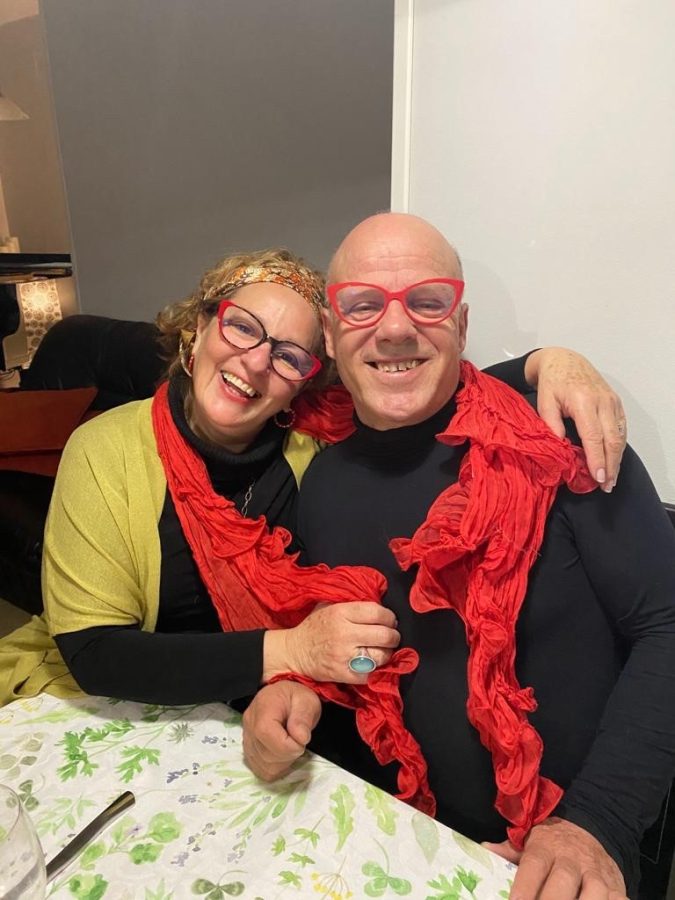
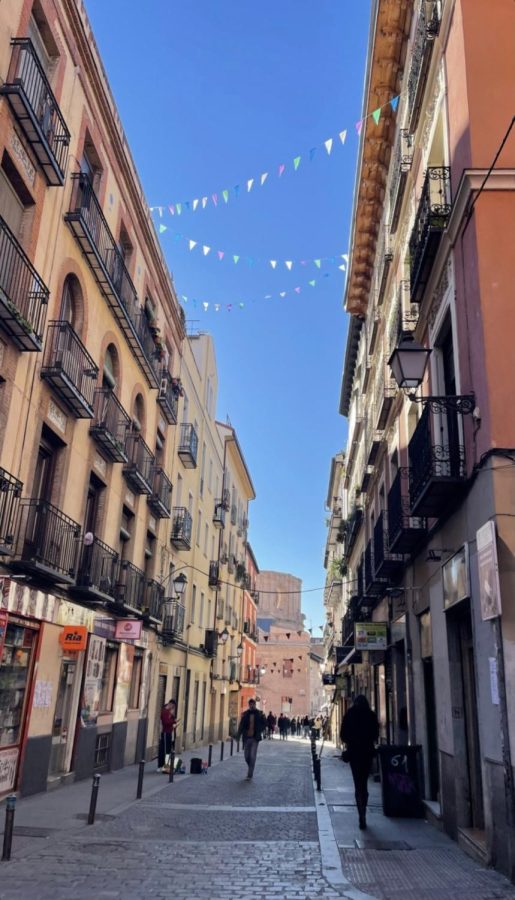
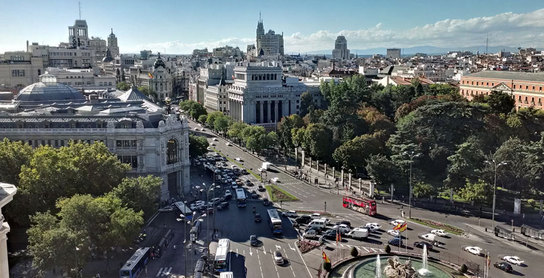
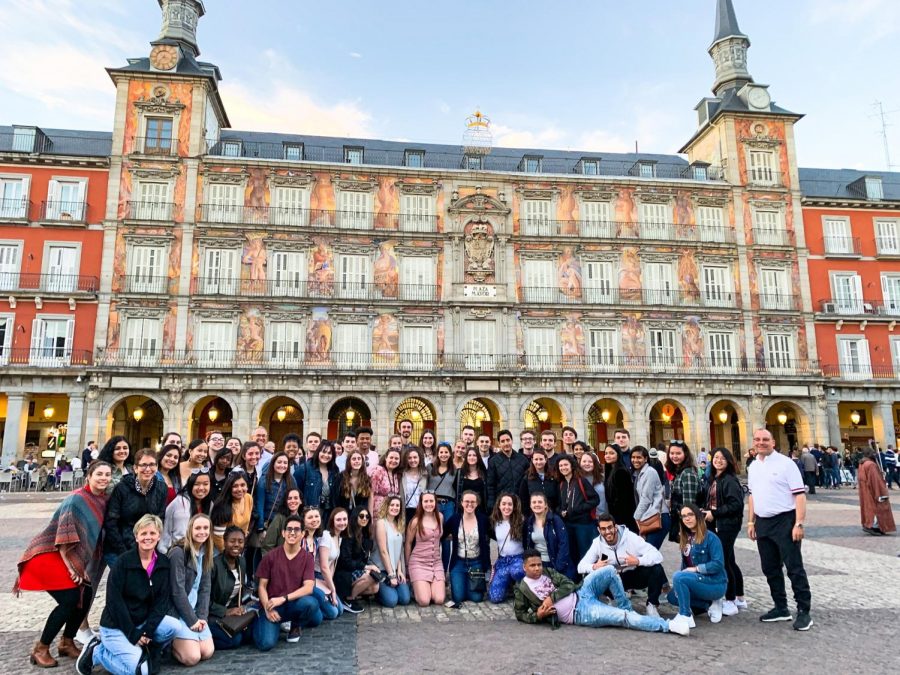
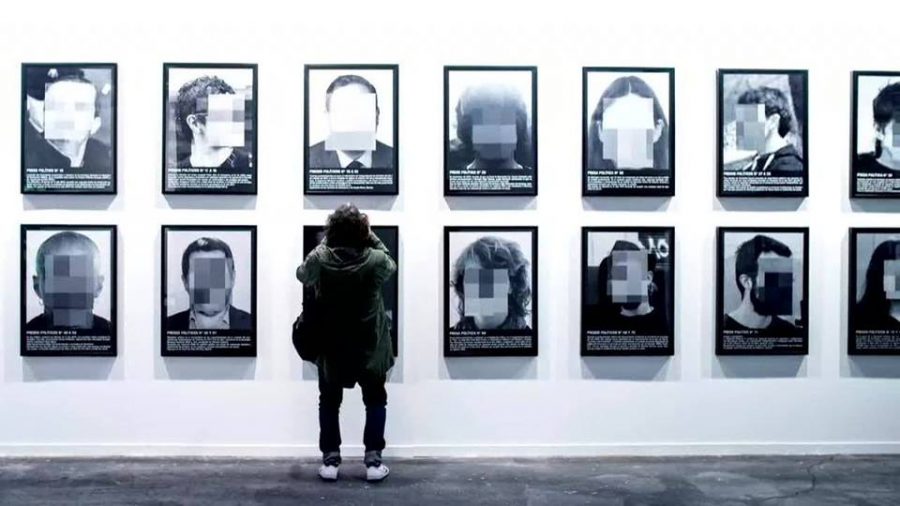





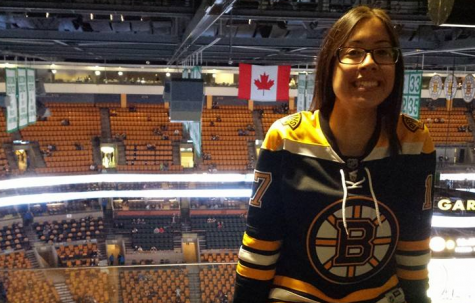
Carrie Pasquarello • Feb 1, 2017 at 6:55 pm
Issac is correct , students must really do research before studying abroad. In many countries thee are cultural differences that may result in students being arrested just for posting comments critical of the Government and/or leadership. If you check global secure resources inc. you will find information about safe student abroad assessments, which gives the students incredible insight into their personal travel itinerary, including crime trends, lodging security, civil unrest and many other personal security modules.